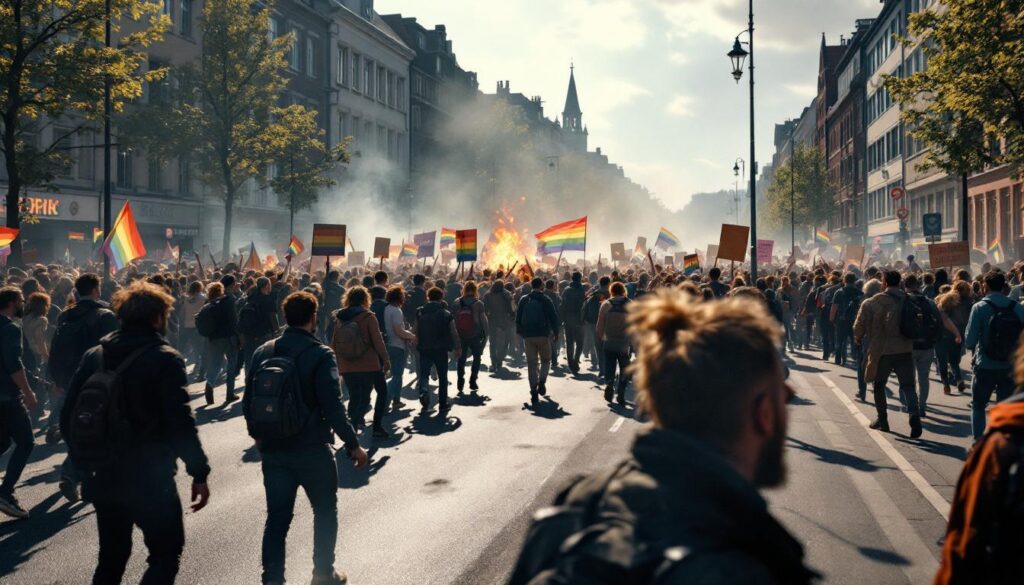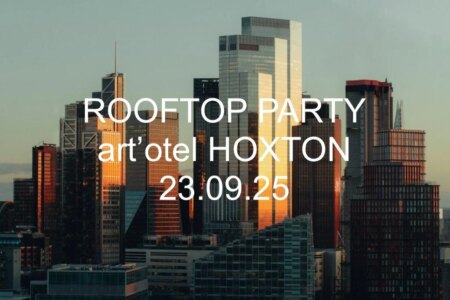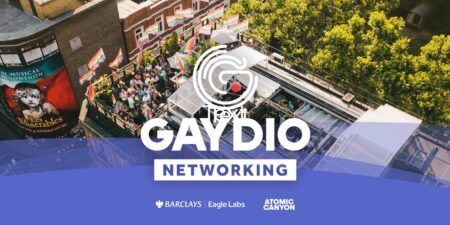Extreme-right groups in Germany are increasingly targeting LGBTQ+ people, intensifying their efforts to gain popularity and recruit young followers through anti-LGBTQ+ agitation. This summer, far-right activists have mobilised against Pride events across the country, staging counter-demonstrations that emphasise traditional, heterosexual family values as a direct challenge to the visibility and acceptance promoted by these celebrations. Experts warn that this growing hostility is drawing an alarming number of young Germans into far-right circles, particularly in eastern Germany.
In the town of Bautzen, a hotspot for these tensions, organisers of a scheduled August Pride parade are bracing for a large counter demonstration composed largely of teenagers and young adults affiliated with neo-Nazi groups. An online flyer for one such protest brazenly proclaims, ‘Man and woman. The true foundation of life’. The event drew over 1,000 participants, despite the intimidating presence of around 680 counter-demonstrators rallying under slogans opposing ‘gender propaganda and identity confusion’.
This ideological battle is further underscored by the far right’s rebranding of Pride month as ‘Stolzmonat’, which is a belief that all sexual orientations that deviate from heterosexuality are abnormal and part of a bigger ‘leftist-woke’ ideology, a campaign that rejects LGBTQ+ rights and promotes nationalist, heteronormative ideals. The far-right Alternative for Germany (AfD) party describes Stolzmonat as an ‘alternative’ that aims to counter what they frame as a ‘forced change’, positioning themselves as defenders of family ties, traditional values, and national pride during uncertain times. This campaign, which launched in mid-2023, gained momentum on social media platforms and has inspired coordinated counter-protests across Germany, including in major cities like Berlin, Leipzig, and Cologne.
These confrontations are not isolated incidents. In 2024 alone, the Amadeu Antonio Foundation documented 55 disruptions, threats, and attacks linked to far-right groups targeting Pride events. The aggressions often included the chanting of anti-queer and racist slogans along with physical violence, particularly concentrated in eastern Germany and some rural western areas. Such organised hostility has necessitated heightened police presence and robust security measures at many Pride events to ensure the safety of participants. For instance, near Leipzig in August 2024, police swiftly dispersed a 300-400 strong far-right demonstration intent on disrupting a 19,000-strong Pride parade, detaining several protesters and conducting extensive identity checks to thwart violence.
A report by CeMAS reveals that the far-right counter-mobilisations against Christopher Street Day events from June to September 2024 occurred in 28 German cities, marking widespread and sustained attempts to undermine LGBTQ+ visibility. In Bautzen alone, some 700 neo-Nazis, many hailing from newly formed, younger, and more violent far-right groups, assembled to oppose a CSD gathering of 1,000 people. These emerging youth groups are increasingly active online and are distinct for their aggressive rhetoric and readiness to use violence, posing a severe threat to LGBTQ+ communities and other marginalised groups both now and in the future.
The rising intensity and visibility of far-right opposition to LGBTQ+ rights have provoked strong condemnation from local officials. Saxony’s Interior Minister Armin Schuster labelled the right-wing protests at the Bautzen CSD as “horrible” and underscored the priority of keeping such events protected. This commitment to safeguarding Pride events against extremist disruption is critical, as activists consistently warn that the surge in far-right violence threatens not only physical safety but also the public funding and broader social acceptance that LGBTQ+ charities and organisations rely on.
Source: Noah Wire Services




















